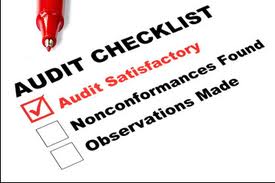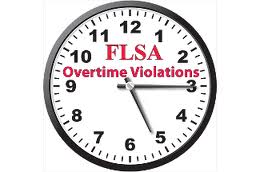The CFPB is concerned that some mortgage brokers may be shifting to the mini-correspondent model under the mistaken belief that identifying themselves as such would automatically exempt them from important consumer protection rules affecting broker compensation. The guidance sets out how the Bureau evaluates mortgage transactions involving mini-correspondent lenders. It confirms who must comply with the broker compensation rules, regardless of how they may describe their business structure.
“Before the financial crisis, consumers seeking mortgages were steered toward high-cost and risky loans that were not in the consumer’s interest,” said CFPB Director Richard Cordray. “The CFPB’s rules on mortgage broker compensation are intended to protect consumers from this type of abuse. Today we are putting companies on notice that they cannot avoid those rules by calling themselves by a different name.”
The policy guidance is available at: http://files.consumerfinance.gov/f/201407_cfpb_guidance_mini-correspondent-lenders.pdf
Mortgage brokers connect borrowers with lenders who underwrite and fund loans. In contrast, a correspondent lender, as generally understood in the mortgage industry, processes applications, provides legally required disclosures, frequently underwrites the loans, makes the final credit approval decision, funds the loans, and sells them to investors.
The CFPB is concerned that some mortgage brokers may be setting up arrangements with investors in which the broker claims to be a “mini-correspondent lender,” when in fact the broker is still essentially just facilitating a transaction between a borrower and a lender. While some brokers may be setting up such arrangements because they intend to grow into full correspondent lenders, the Bureau is concerned that other brokers may simply be attempting to evade consumer protection rules. Today’s guidance confirms that mortgage brokers who merely choose to describe themselves as mini-correspondent lenders are not automatically exempt from applicable consumer protection requirements.
The guidance sets out some of the questions the CFPB may consider in evaluating mortgage transactions involving mini-correspondent lenders in order to understand their true nature. This evaluation involves examining how the mini-correspondent lender is structured and operating, for example: whether it is continuing to broker loans; its sources of funding; whether it funds its loans through a bona fide warehouse line of credit; its relationship with its investors; and its involvement in mortgage origination activities such as loan processing, underwriting, and making the final credit approval decision.
Ya’ll better be careful out there! If you need to discuss this, just email us for an appointment to talk.
Nelson A. Locke, Esq.
Compliance Services, USA
7800 Preston Road – Suite 118
Plano, TX 75024
(800) 656-4584
https://www.lockelaw.us



















